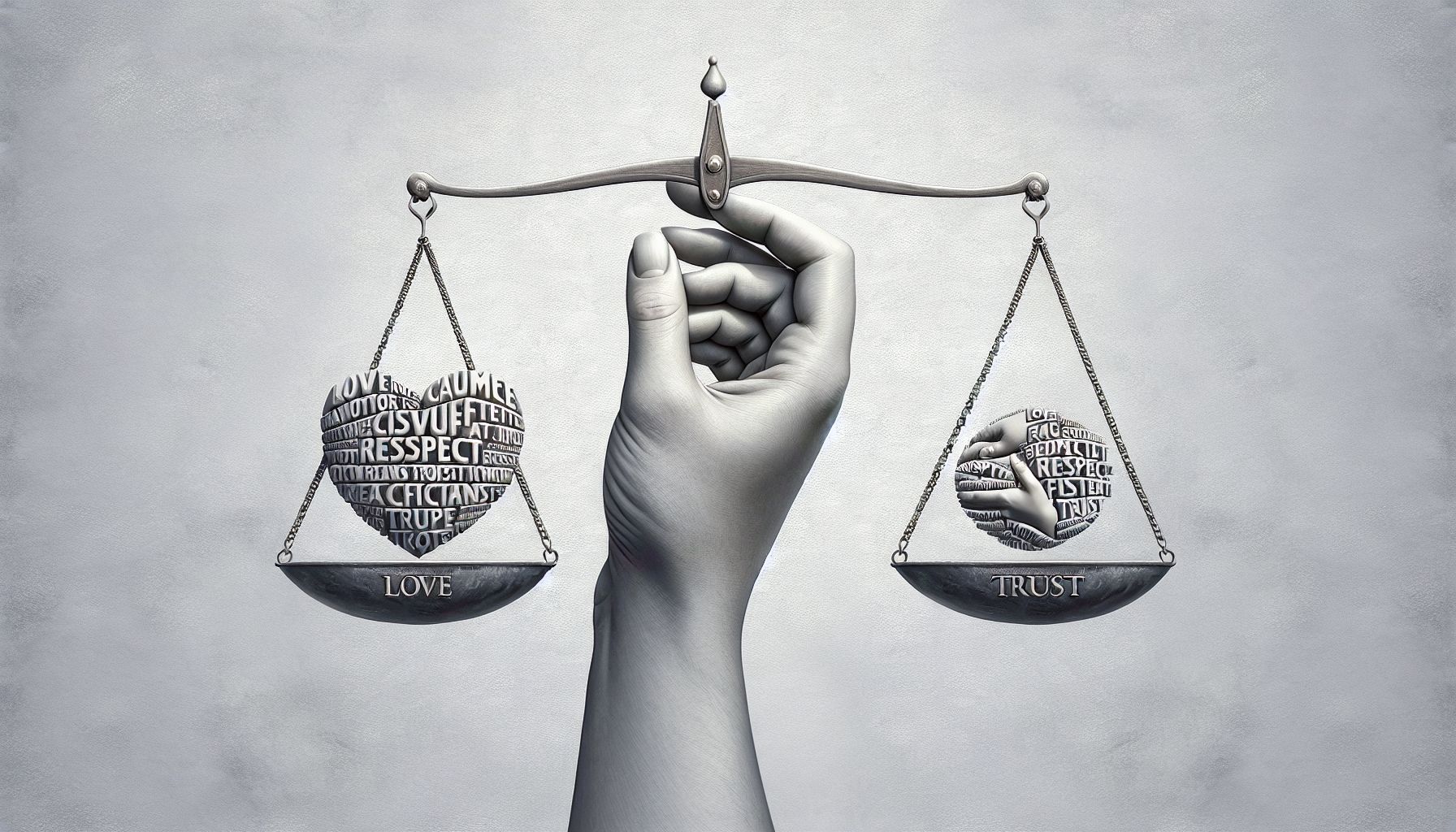The Intersection of Sustainability and Fashion: Redefining the Future of Style

The fashion industry has long been criticized for its environmental impact, with fast fashion leading to overproduction, waste, and exploitation of labor. However, the rise of conscious consumerism is prompting a significant shift toward brands that prioritize sustainability. According to a report from McKinsey & Company, more than 60% of consumers are willing to change their shopping habits to reduce their environmental impact. This growing demand for ethical practices is inspiring designers and companies to innovate and rethink traditional production methods.
Innovative Materials: The Foundation of Sustainable Fashion
One of the most exciting developments in sustainable fashion is the exploration of innovative materials. Brands are actively seeking alternatives to conventional fabrics, opting for organic cotton, hemp, and even lab-grown materials that reduce environmental impact. Take Econyl, for example, which creates nylon from recycled ocean plastics, transforming waste into fashionable swimwear and activewear. This innovative approach not only helps clean up the oceans but also addresses the material waste issue prevalent in the fashion industry.
Ethical Production Practices: A New Standard
Beyond the materials used, ethical production practices are crucial in the quest for sustainability. Brands like Reformation not only prioritize eco-friendly materials but also ensure that their factories adhere to fair labor practices. By providing transparency in their supply chains, these companies build trust with consumers who seek to understand the origins of their clothing.
Highlighting Notable Collections
Several collections have garnered attention for their commitment to sustainability, showcasing that high fashion can intersect with eco-conscious practices. The collaboration between Stella McCartney and Adidas features vegan materials and eco-conscious designs, proving that luxury can be sustainable.
The Role of Technology
Technological advancements are also playing a critical role in the evolution of sustainable fashion. Innovations such as 3D printing and digital fashion design are minimizing waste by allowing for on-demand production. Brands like Unspun utilize this technology to create customized jeans, reducing excess inventory and minimizing their carbon footprint.
The intersection of sustainability and fashion is more than just a trend; it represents a seismic shift in how we view and consume clothing. Niche brands are leading the charge, proving that it is possible to blend style with responsibility.
Sustainable Fashion Designer
Reformation, Stella McCartney, Pangaia
Core Responsibilities
Create innovative clothing designs using eco-friendly materials and sustainable practices.
Collaborate with suppliers to source sustainable fabrics and ensure ethical production processes.
Stay updated on trends in sustainable fashion to integrate them into new collections.
Required Skills
Proficiency in design software (e.g., Adobe Illustrator, CAD).
Strong understanding of sustainable practices and materials.
Creative problem-solving skills to address environmental challenges in fashion.
Supply Chain Sustainability Manager
Patagonia, Eileen Fisher, Nike
Core Responsibilities
Develop and implement sustainability strategies within the supply chain to reduce environmental impact.
Monitor supplier compliance with ethical labor practices and sustainability standards.
Conduct audits and assessments to evaluate sustainability performance across the supply chain.
Required Skills
Strong analytical skills and experience in supply chain management.
Knowledge of sustainability certifications (e.g., Fair Trade, GOTS).
Excellent communication skills to liaise with various stakeholders.
Textile Innovation Specialist
Econyl, Lenzing, Adidas
Core Responsibilities
Research and develop new eco-friendly materials that meet performance and aesthetic standards.
Collaborate with designers to incorporate innovative textiles into collections while maintaining sustainability.
Test and evaluate materials for durability, sustainability, and cost-effectiveness.
Required Skills
Expertise in textile science and engineering.
Familiarity with sustainable material sourcing and production processes.
Creativity and technical skills in fabric development.
Digital Fashion Technologist
Unspun, The Fabricant, Digital Fashion Week
Core Responsibilities
Utilize 3D design and printing technologies to create digital garments that minimize physical waste.
Develop virtual fitting platforms and augmented reality applications for consumers to try on clothes digitally.
Engage in research to improve digital design processes and consumer interaction with fashion technology.
Required Skills
Proficiency in 3D modeling software (e.g., CLO 3D, Blender).
Understanding of digital fashion trends and consumer behavior.
Strong problem-solving skills to address technical challenges in digital fashion.
Ethical Marketing Specialist
People Tree, Everlane, Veja
Core Responsibilities
Develop and execute marketing strategies that highlight a brand’s commitment to sustainability and ethical practices.
Create content that educates consumers about the importance of sustainable fashion.
Collaborate with influencers and media to promote ethical fashion narratives.
Required Skills
Excellent writing and storytelling skills.
Strong understanding of sustainability issues in the fashion industry.
Experience with social media marketing and brand management.


